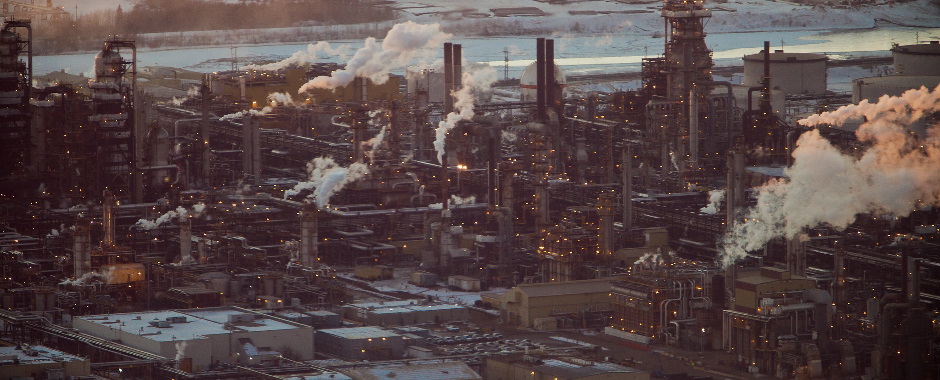by Andrea Nightingale and Lars Otto Naess
Climate change has become an ever more pressing and tangible issue. July was the hottest month on record, the IPCC’s report on land and climate change contains stark warnings on the effects of human-induced climate change, the report by the Global Commission on Adaptation is asking for a ‘revolution’ in how we deal with climate risks, and citizens are mobilising en masse against the status quo of fossil fuel dependent societies. Yet these mobilisations are as yet nowhere near adequate to spark the urgent, deep, transformative changes required to halt climate change—let alone reverse it.
Breaking this impasse requires profound rethinking of the relations between societies and nature, according to a new Open-Access paper in Climate and Development.
Improving technology or managing systems better are of course necessary, but cannot solve the climate problem. Rather, inspired by Amitav Ghosh’s book The Great Derangement: Climate Change and the Unthinkable (2016), the paper argues that we need to move beyond the ‘great derangement’ – the failure to reimagine humans’ place in the world.
But how can we start this process? The way we frame problems is one of the most important things to rethink. Framing shapes the way people think about the causes of a problem like climate change and what options are on the table.
The dominant ways that climate change is framed inadvertently conceal underlying problems and limits the range of possible solutions. Several examples of such concealments in academic and policy debates are given in the paper.
‘Nature’ and ‘society’
One fundamental framing that limits our imagination is seeing society and environment as two separate, interacting domains. This separation means that climate change is understood as an external threat to society.
In reality, though, society is not outside of climate, but rather is actively involved in it, just as climate affects our lives. Political economies, culture, knowledge and ecologies produce climate change, but climate change is also deeply involved in making them in return. Revealing this concealment in how we imagine the climate problem has big implications for how we think about adaptation and mitigation.
‘Managing’ climate risk
Another kind of concealment is the reduction of climate risk to a management problem by planners and policy makers. This framing is often far removed from everyday life: it tends to lead to techno-managerialist solutions that are disconnected from the experiences and lived realities of people at local levels, especially in the Global South.
Focusing on these realities challenges current governance and policy making, and suggests new kinds of solutions beyond building more infrastructure or diversifying income.
Plural ways of knowing about the world
How can the relationship between society and environment be rethought, then? One way is to debate the norms, values and unspoken assumptions that inform all understandings of climate change. These debates can make room for a plurality of knowledge and different ways of knowing about the world. What is required is a radical opening up of scientific methods, to include other ways of understanding our current predicament, allowing for a wider range of potential responses to climate change.
It is urgent that we move beyond the Great Derangement, this period in history when we fail to deal with climate change, hurting people and unleashing injustices along the way. We must reimagine our place in the world and take seriously local and embedded knowledges of processes which produce and also address climate change. In the words of the paper: “By placing values, normative commitments, experiential and plural ways of knowing from around the world at the centre of climate knowledge, we confront climate change with contested politics and the everyday foundations of action, rather than just data.”
Read the paper
Nightingale, A.J., Eriksen, S., Taylor, M., Forsyth, T., Pelling, M., Newsham, A., Boyd, E., Brown, K., Harvey, B., Jones, L., Kerr, R.B., Mehta, L., Naess, L.O., Ockwell, D., Scoones, I., Tanner, T. and Whitfield, S. (2019) Beyond Technical Fixes: climate solutions and the Great Derangement, Climate and Development
